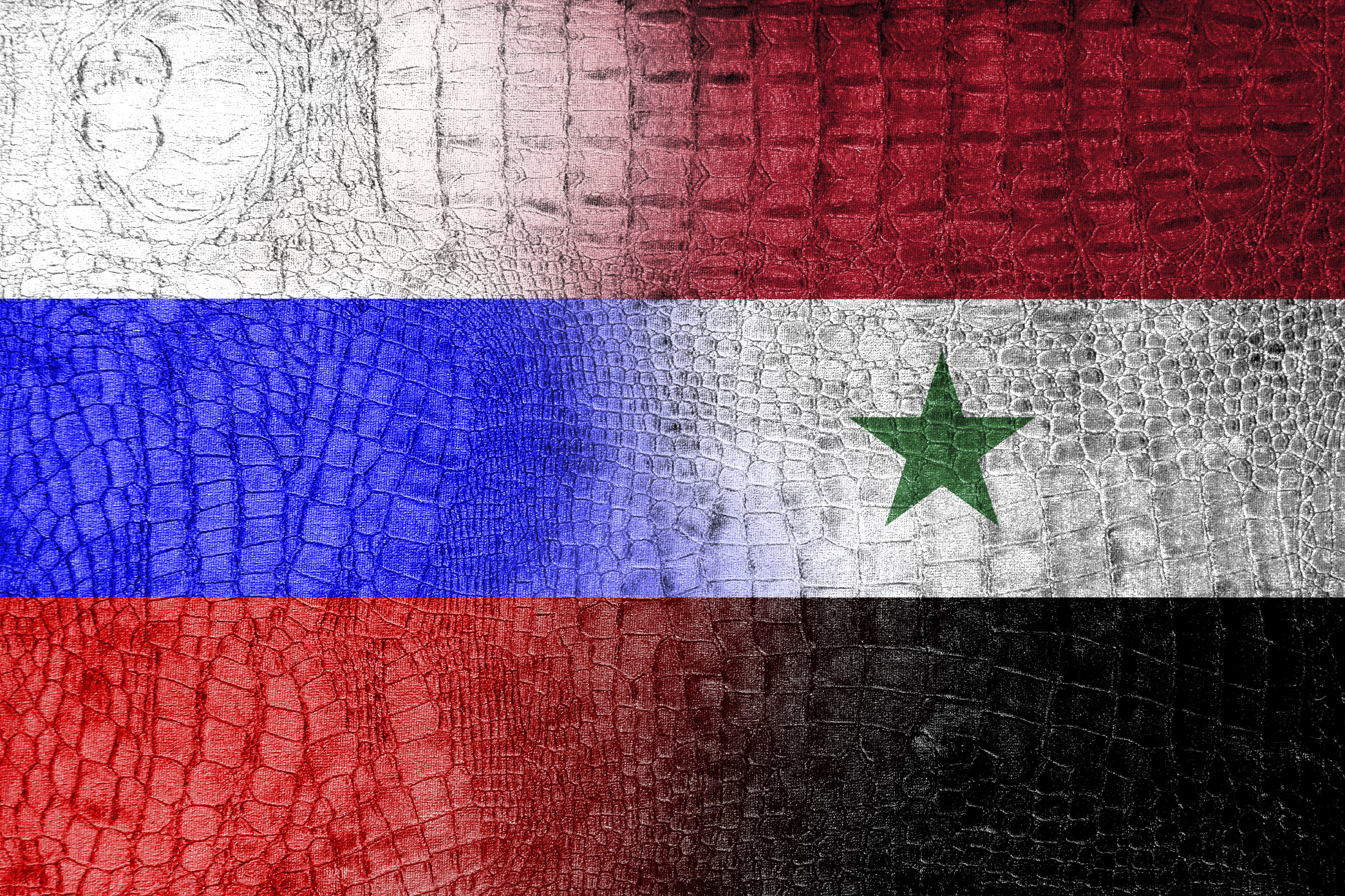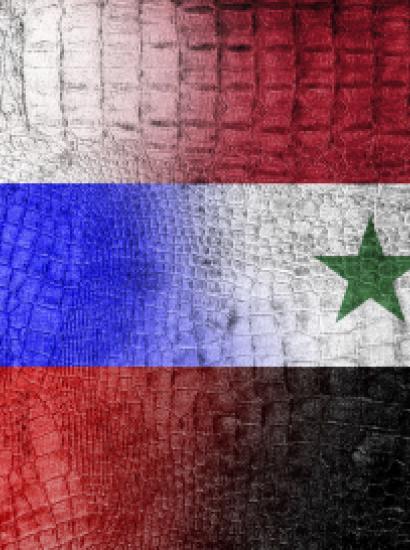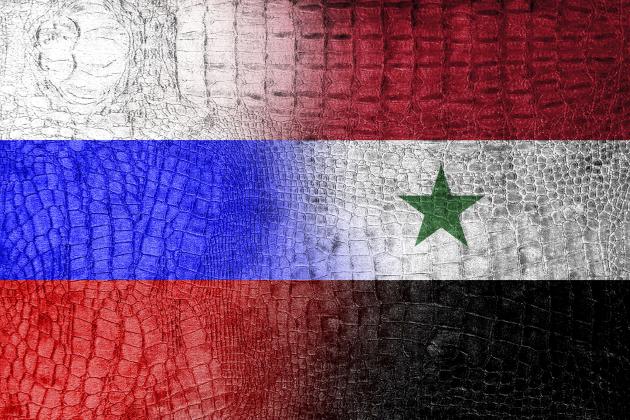- International Affairs
- US Foreign Policy
The strategic consequences of the deal have become apparent already: The credibility of American power in the region has declined, as the alliance between Iran and Russia grows ever more powerful. In fact, the text of the deal explicitly blessed this alliance by naming Russia an authorized supplier of enriched uranium. However one evaluates the implications of the deal for nuclear security, the political ramifications have become unmistakable. The scope of cooperation between Tehran and Moscow is rapidly redrawing the map of power in the Middle East and eastern Mediterranean in three key ways.
First, Iran is emerging from international isolation through the lifting of sanctions. (The “snap-back” clause, if examined carefully, turns out to be unworkable and will never be applied; it was always only a sop for critics in the West.) It stands to recover funds that may amount to as much as $150 billion, in addition to lucrative contracts, especially from European firms. Emboldened by these imminent resources, the Islamic Republic is expanding its footprint in Syria to prop up its ally, the Assad regime, with reportedly some 7,000 personnel, bona fide boots on the ground. Meanwhile, concluding the deal with the West has not led to any mitigation of human rights abuses within Iran. On the contrary, Rouhani continues a brutal campaign against domestic critics, while the anti-western rhetoric from Tehran drones on unabated.
Second, the ink on the deal was barely dry when Russia began its own build-up around Latakia in western Syria and at Tartus, the Russian naval base on the Mediterranean coast. The timing is suspicious: the Russians and the Iranians waited until the West signed off on the deal in July before undertaking a quantum leap in their battle for Assad. As Iran asserts itself as the rising regional hegemon, Russia aggressively attempts to reestablish the foothold in the eastern Mediterranean that it lost when Anwar Sadat expelled Soviet military advisors in 1972. While claiming to combat ISIS, the Russian bombing campaign has in fact targeted US-backed forces, as if Putin were purposefully attempting to humiliate Washington. The Syrian civil war, the last aftermath of the Arab Spring, has become a strategic competition between the US and Russia.
Third, the consequences of the Iran deal have reached Europe. Germany wanted nothing to do with the Syrian war; it recognized no responsibility to protect the civilian population under assault by Assad. Yet the deal, which Europe supported in order to gain access to the Iranian market, has exacerbated the violence in Syria, where the unholy alliance of Moscow, Tehran and Damascus, is carrying out a massive ethnic cleansing. In order to hold on to power, Assad, associated with the Alawite minority, is waging a war against the majority Sunni population, viewed as unreliable and potentially disloyal. The regime’s decision to accelerate emigration by facilitating the process to obtain passports generated the wave of refugees in August and September. Every Sunni refugee who arrives in Europe is one fewer potential rebel against Assad.
Did Putin and his allies intentionally plan to drive masses of Syrians to Angela Merkel’s doorstep? Future historians can answer that. For now however the refugee crisis certainly fits neatly into Russia’s grand strategy. Providing for the welfare of the first million refugees (surely to be followed by family members and others fleeing the barrel bombs and chlorine attacks) will strain European budgets. Meanwhile, decisions over the distribution of refugees across Europe are generating protracted political conflict within the EU. Putin has been trying for a long time to subvert the EU, and the refugee crisis may turn out to be a debilitating blow.
The consequences of the deal therefore go far beyond the terms of the deal itself. Iran has emerged from isolation as a dominant regional power. Russia is establishing a strategic military presence. A humanitarian catastrophe is unfolding in order to keep an Iranian ally in power. Europe is tied up in knots. American power has been marginalized, a setback as great as anything since the Iranian hostage crisis of 1979.
Some of this could be reversed through a clear US response: safe zones in Syria for refugees, no-fly zones directed against Assad’s military, significantly increased support to allied rebels in Syria, as well as challenges to Russian attacks on those same allies. Yet this would require a major change of course in Washington. For now, the White House only taunts that Russia may get stuck in the Syrian war. True enough: the way it is stuck in Crimea, eastern Ukraine, and Georgia, cases that Putin presumably regards as victories in his efforts to reestablish an expansive Russian sphere of influence.
Russell Berman is the Walter A. Haas Professor in the Humanities, Professor of Comparative Literature and German Studies at Stanford University, and co-chair of the Herbert and Jane Dwight Working Group on Islamism and the International Order, Hoover Institution.
















